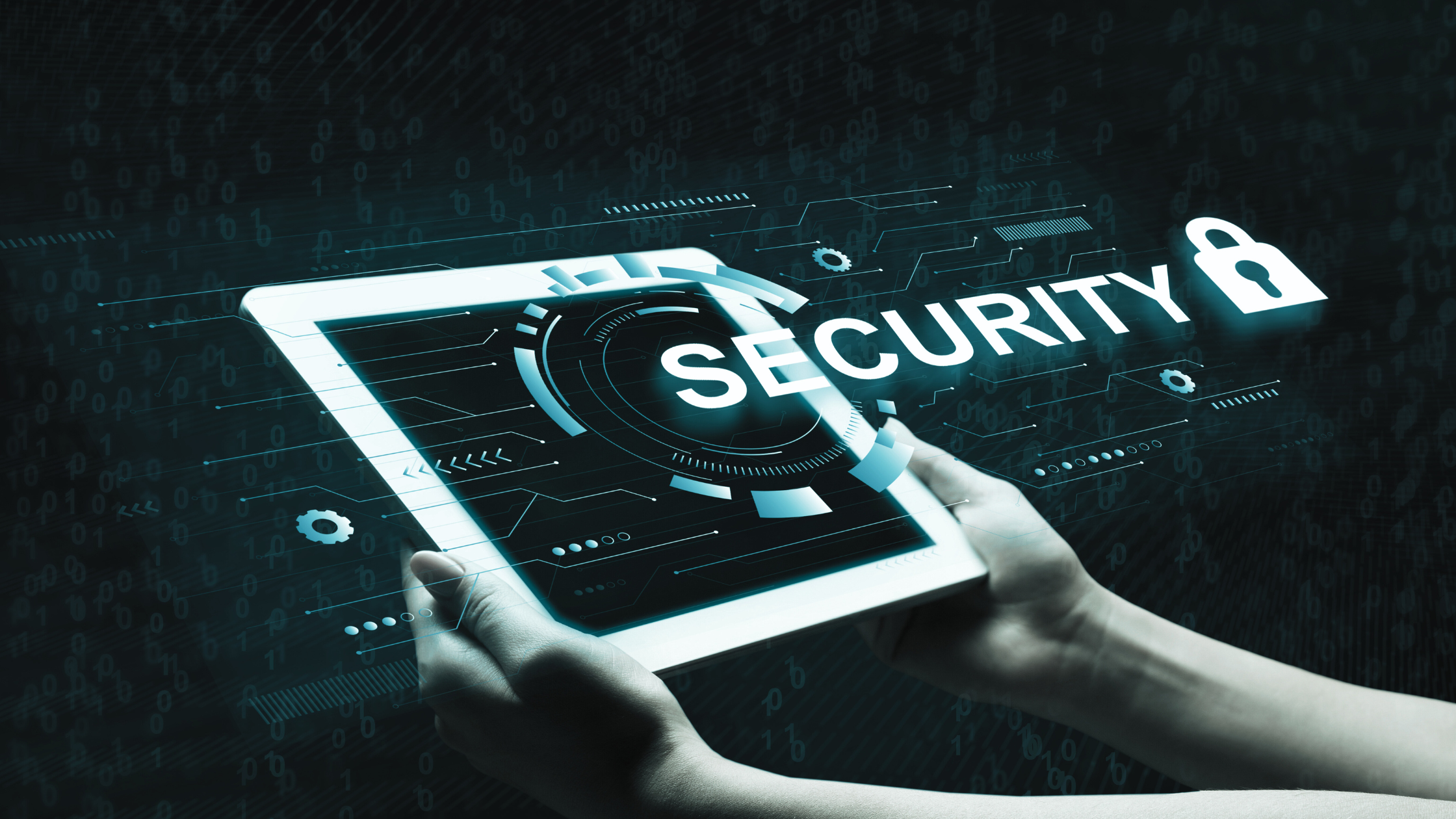With the times becoming more and more digitized, we cannot often afford to avoid a medium that encompasses so much of our news and communication. The internet has become engrained into our culture, but despite the many advantages it has, there is one major drawback: hacking. You open yourself up to being “hacked” every time you connect to the internet, download a file or visit one of those websites you manage to find on the 19th page of Google after a night of questionable decisions. In this article, we will define what “hacking” is and what it is not.
Whenever there’s a high-profile case of identity leaks or large company infrastructure being compromised, we always here two terms: “hacker” and “virus”. They are often generalized into vague umbrella terms that do not carry any context as to what they are. A ‘hacker’ is often thought as some insidious person in a basement somewhere, wearing a dark hoodie and one of those Guy Fawkes masks (for whatever reason). A clearer definition is any person or organizations that gain unauthorized access to your computer for their own gains. This could be to steal your identity to sell on the black market (or, the “Dark Web”), claim your bank accounts, better their advertising methods, or garner political information about you for blackmailing purposes. There are other reasons, but these are the more common and concerning for a normal user. A ‘virus’ is an all-encompassing term for software that was loaded onto a device with malicious intent. In short, a “virus” is just another name for “malware”. Malware, on the other hand, has several subcategories. For example, Adware is a type of Malware that displays advertisements on your computer but may not necessarily destroy your files or steal your data. Spyware is a type of Malware that usually runs silently in the background, collecting data using a keylogger to send what you type to the hacker (bank logins, user credentials, etc). Trojan Horses are a type of Malware that seek to fool you into downloading and installing it because you think it will help you in some way. Trojan Horses can have a variety of purposes, whether it’s to install Spyware or Ransomware on your device. Worms are a type of Malware that self-replicates and propagates throughout devices connected on a network. Rootkits are a little more dangerous than your run-of-the-mill virus. Rootkits run almost exclusively in the background and act as a liaison between your computer and the hacker. The hacker will utilize this to gain Administrative access to your device with you being none the wiser. Finally, Ransomware is a type of Malware with one objective – get you to send them money. Ransomware has become the gold standard for hackers all over the world to exploit people for capital gains. Ransomware works by encrypting all the files on your device, rendering it nearly unusable. Afterwards, a window usually pops up stating that you have a certain amount of time to pay a certain amount of money in Bitcoin to a specified Bitcoin address or else the price will double. Afterwards, if payment is not received, the Ransomware will completely wipe all your data and you will have to start from nothing.
While malware can be scary, it doesn’t have to be. It’s up to you, the user, if you want to take the necessary precautions to ensure you can get back up and running sooner than later when disaster strikes. The first thing you can do is ask or read up on what security configurations and tools are available to you. Some examples would be to ensure your firewall is configured correctly. Allowing all inbound connections, especially from anonymous sources, is bad news bears. It’s also imperative to keep your Windows machine up to date. Don’t ignore that little icon in the bottom right hand corner of your screen. If your computer needs you to restart it to do updates, it’s in your best interest! If you have antivirus software, but you’re dissatisfied with the performance impact on your device, consider a web filtering service (e.g. OpenDNS). The most immediate option you have is browser security. Most mainstream browsers have a multitude of quality plugins can you can install to block ads, trackers, and spyware. It’s important to look at your browser’s security settings and configure them to your needs:
- Chrome: Settings > Advanced > Privacy and security
- Edge: Settings > Advanced settings
- Firefox: Options > Privacy & Security
- Safari: Preferences > Security and Preferences > Privacy
If you have Internet Explorer, know that you are putting yourself at risk as that browser is no longer supported or considering fully secure (if it ever was) by Microsoft. Another skill you can develop to ensure you’re safe online is learning how to recognize URLs. A URL is an address that starts with either “http://” or “https://”, depending on the level of security. It is imperative to check over any links whether browsing the internet or clicking a link in your email. Try hovering over links before clicking them to see what address it is sending you to (e.g. http://www.iler.com). Always read carefully as trickier entries will use addresses that substitute characters that look like the originals at a glance (e.g. g00gle.com instead of google.com). Try browsing using https sites, as you are more likely to be safe when on these sites. Lastly, and most obviously, if you see a website link that looks particularly sketchy, don’t chance it. If you are looking for car parts and come across a link for “supercheapfreeshippingcarpartsdirectandtotallynotmalicious.com/wannacry.exe”, don’t click on it. I can almost guarantee that you’ll be receiving more than what you originally bargained for.
For questions or concerns, contact us at 440.322.4537 we are happy to help with all of your computing needs!






